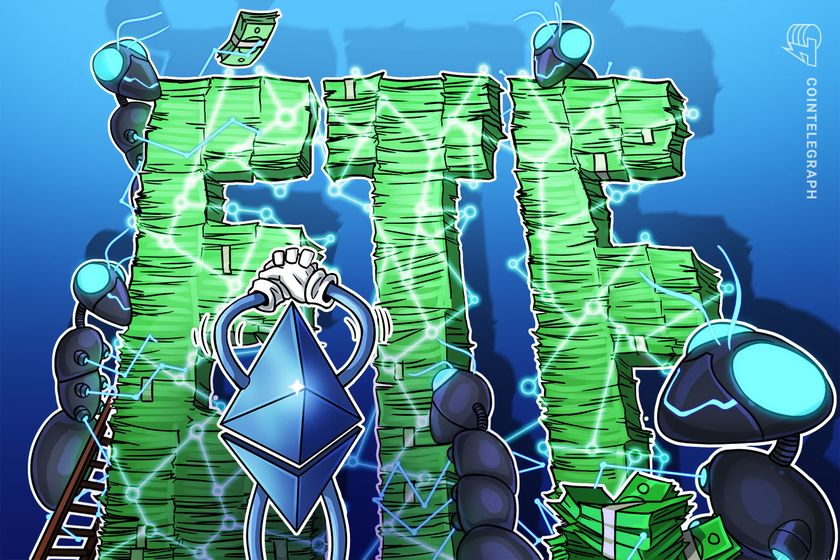Bancor DAO hit with class action suit over impermanent loss protection promises

The pioneering DAO allegedly offered “risk-free” products that cost American retail investors tens of millions of dollars in losses.
A group of investors has filed a class action suit against the Bancor decentralized autonomous organization (DAO), its operator BProtocol Foundation and its founders in the United States District Court for the Western District of Texas. The plaintiffs claim, among other things, that Bancor deceived investors about its impermanent loss protection (ILP) mechanism for liquidity providers and was an unregistered security.
According to the suit, Bancor’s v2.1 investment product, introduced in October 2020 and the second to feature ILP, operated at a deficit that the defendants were aware of and tried to cover by launching a new product, v3, that promised “some of the most competitive returns anywhere … without asking users to take on any risk.”
Impermanent loss occurs within the automated market maker model of decentralized finance (DeFi) when a liquidity provider deposits assets into a pool and one of the tokens involved loses value against another in the pool. It is called impermanent because trading conditions may restore the value of the token later. The loss is not realized unless the investor withdraws the token from the pool.
Related: Zircon Finance launches mainnet to mitigate impermanent loss on Moonriver
On June 19, 2022, Bancor experienced a spike in withdrawals, leading to a “pause” in ILP. Investors could still withdraw their assets, but they experienced the losses ILP was meant to prevent. This led to “losses approaching 50% of their LP [Liquidity Provider] Program investment,” amounting to tens of millions of dollars to U.S. retail investors, according to the suit.
Co-founder of @Bancor and founder of @BBSnetworkIO—@eyal, talks about how the BBS Network uses an “operator model” on #EOS to give users greater control over their own data.
Watch the full interview here: https://t.co/HNVK4Mau1Z
— EOS Network Foundation (@EOSnFoundation) May 9, 2023
In addition, the plaintiffs alleged that the founders of the DAO retained control of it:
“Though Bancor is purportedly run by a decentralized autonomous organization (“Bancor DAO”), Defendants retain near-total control over Bancor, both directly (control over its capital, employees, and code) and indirectly (domination and manipulation of the Bancor DAO).”
They also claim that Bancor’s LP Program “is a binding investment contract and a security under U.S. law.” Moreover:
“Had Defendants complied with applicable registration and disclosure requirements, Plaintiffs and other class members would not have invested in the LP Program.”
The plaintiffs make six charges against the defendants of violations of the Securities Act of 1933 and Exchange Act of 1934, as well as breach of contract and unjust enrichment. They are demanding restitution, damages and interest.
Magazine: The legal dangers of getting involved with DAOs









